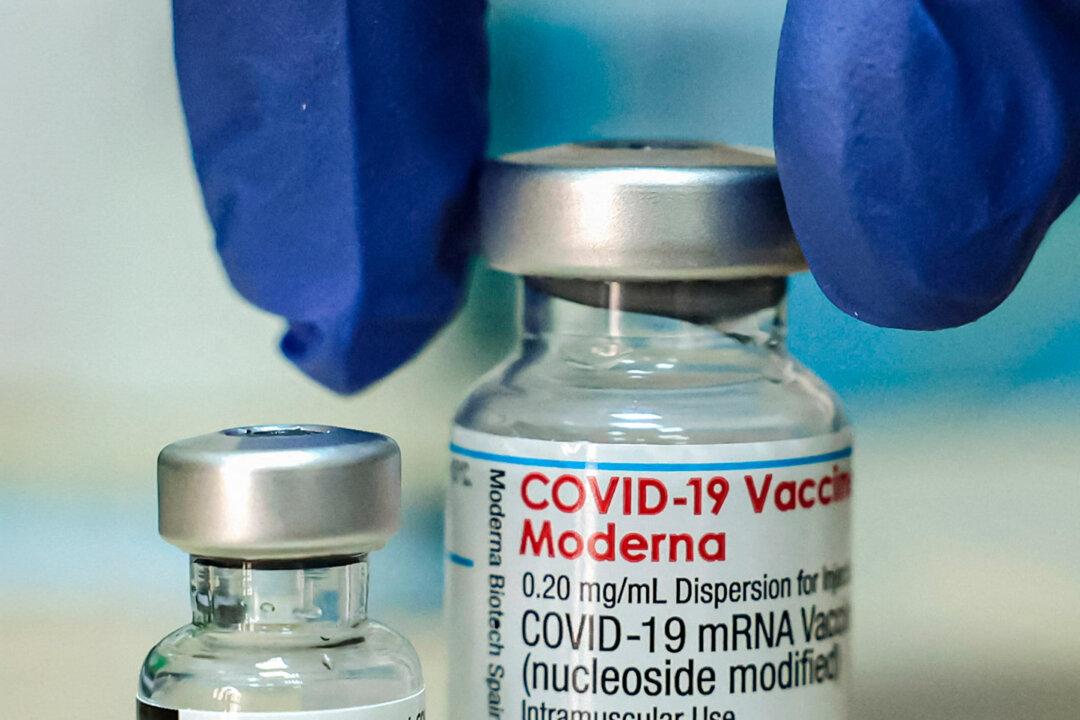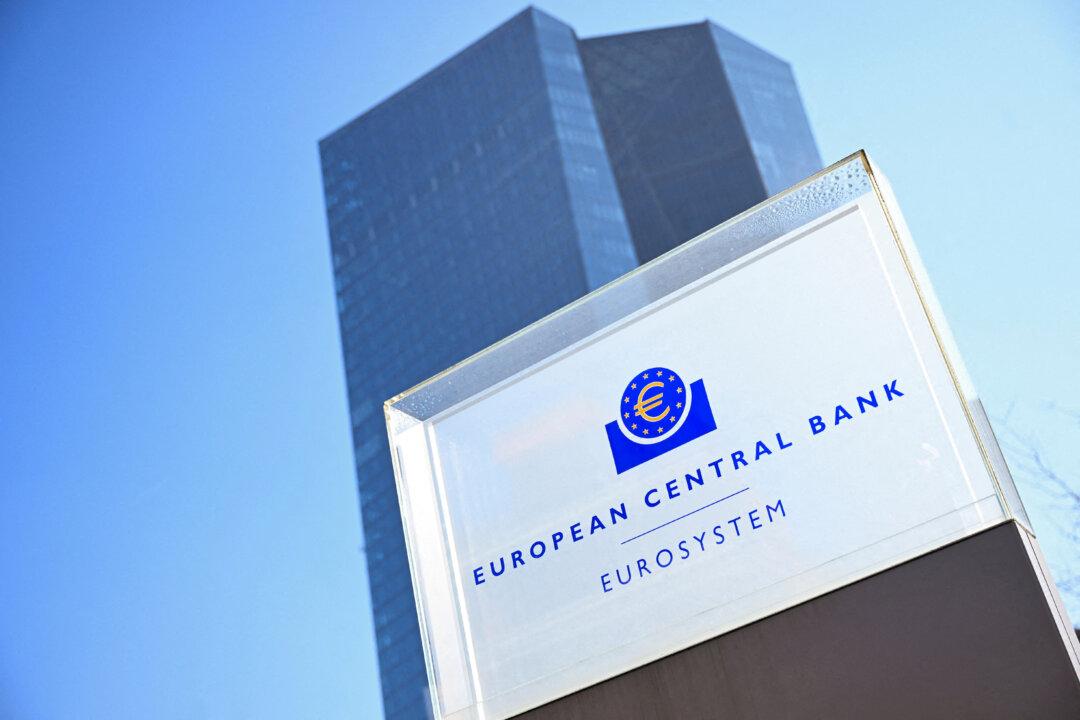Moderna posted a $1.2 billion loss in the first quarter of 2024, with the drugmaker blaming crashing sales of its COVID-19 vaccine.
The company notched $167 million in first-quarter sales of its COVID-19 vaccine (called Spikevax), according to a May 2 earnings report. That’s a 94 percent drop from the $2.8 billion in the prior quarter.





